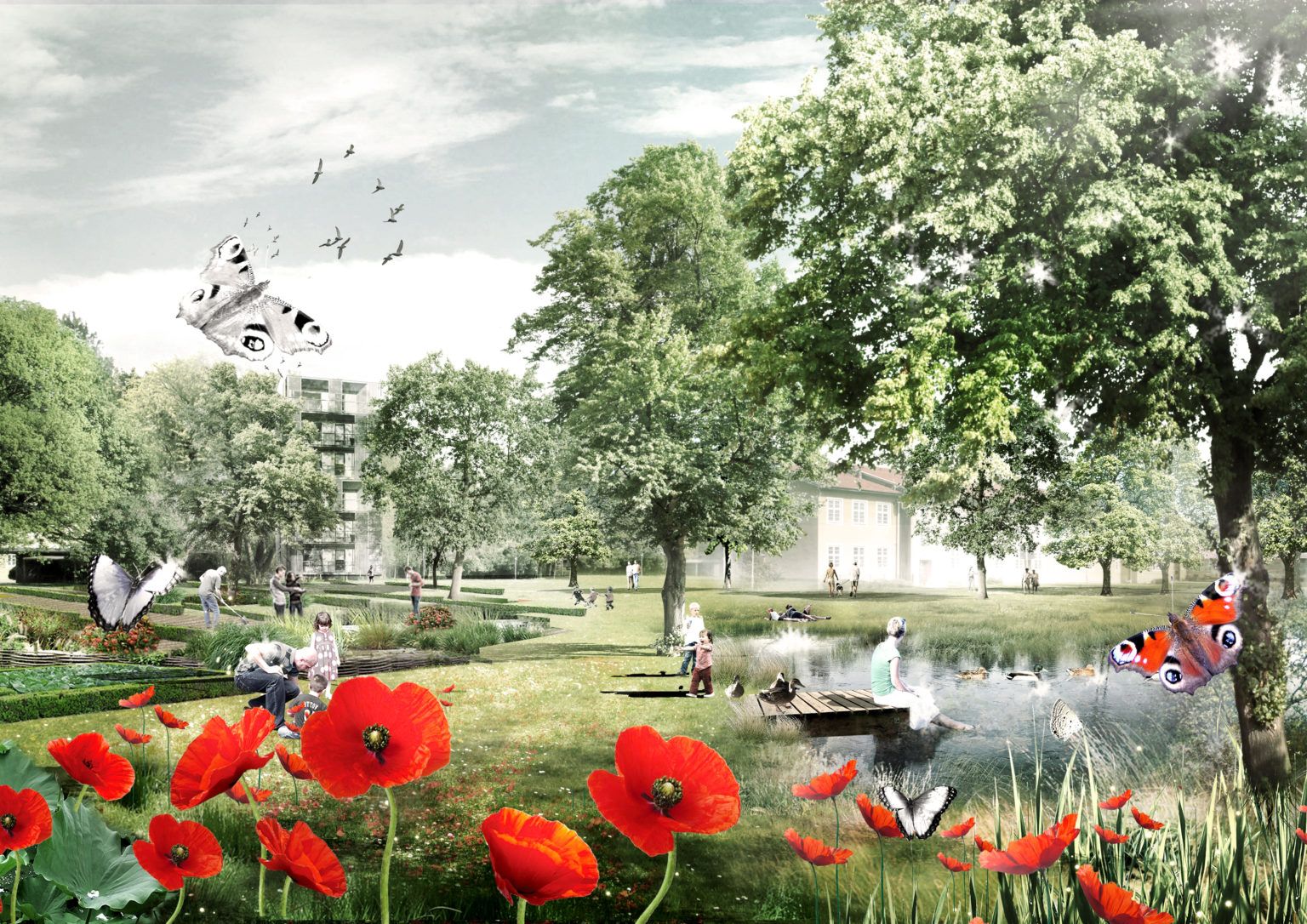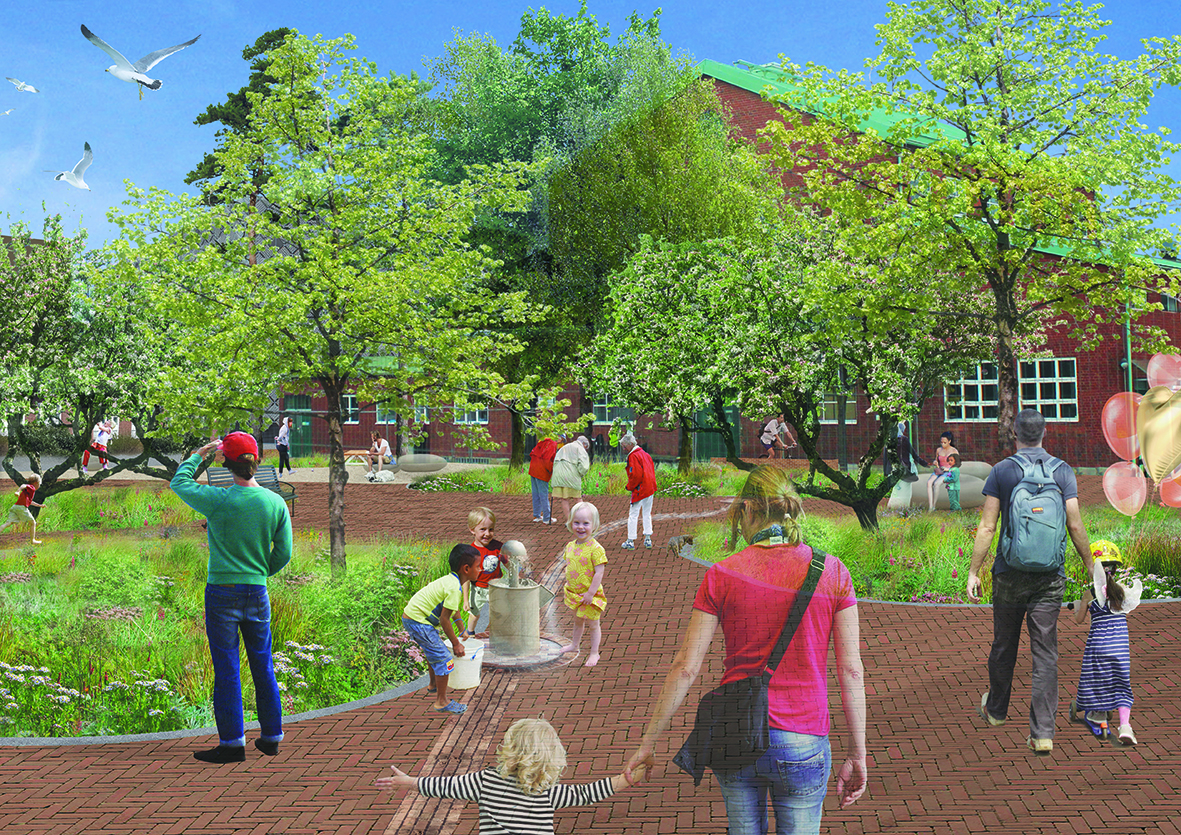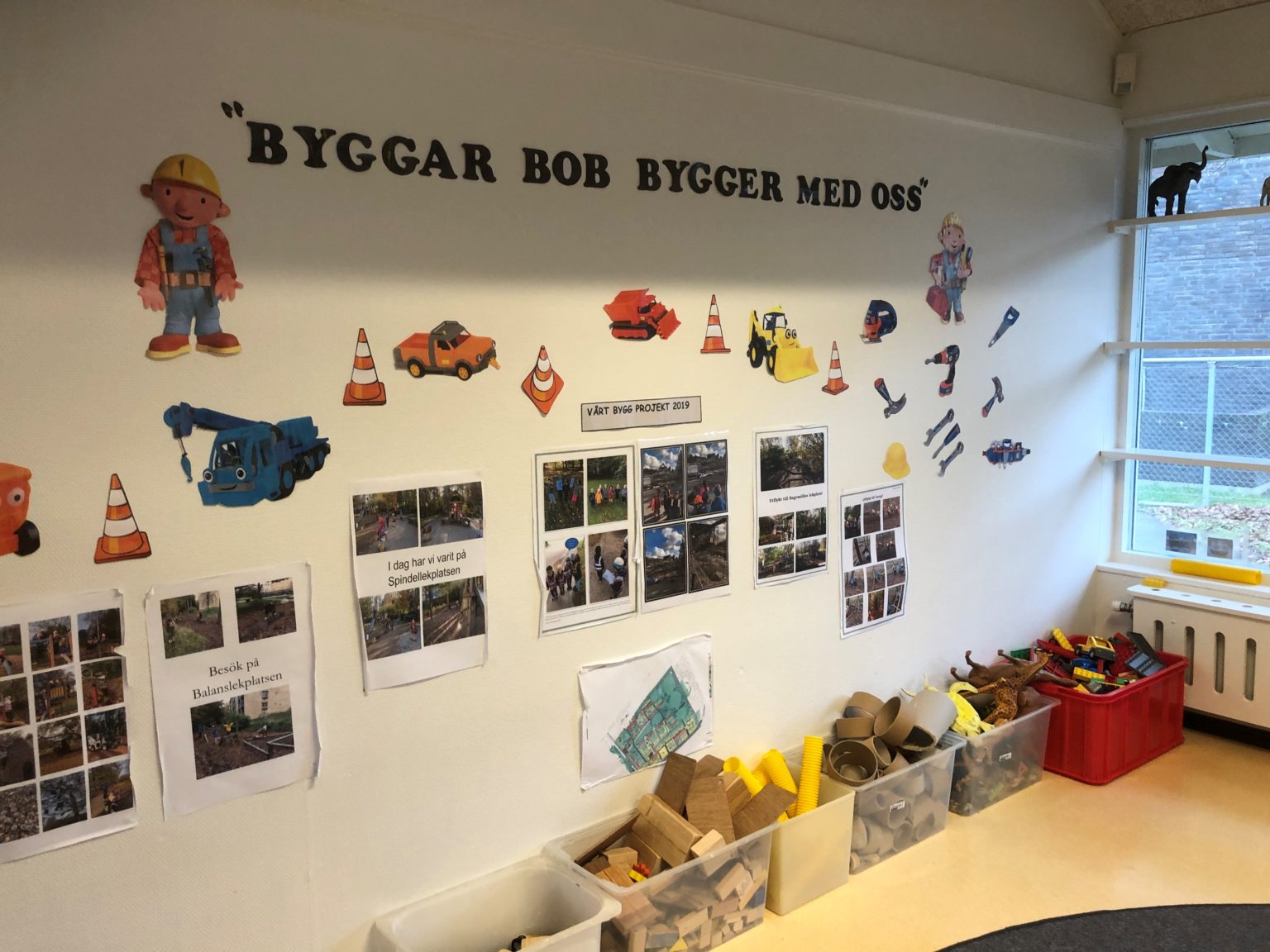Urban Development Project Sege Park - BRE Group
Urban development project at Sege Park gains CEEQUAL Excellent rating
Overview
Sege Park urban development project is a 25 hectares urban development and regeneration project in the eastern part of Malmö in Sweden. A former hospital area is transformed into a new residential and sustainable district. This project received an Excellent CEEQUAL (now BREEAM Infrastructure) rating thanks to its focus on sustainability and resilience.
About
The client for this project was the urban development office for the City of Malmö, which encourages sustainable urban development by providing public transport, active travel infrastructure and green space.
Background
The project stretches over nearly a decade and aims to provide new apartments, with surrounding services, as well as comprehensive public spaces with a renewed urban park.
Sege Park is aiming to become Malmö City's pioneer project when it comes to sustainability and resilience to climate change aspects.
The certified project includes the design and building of public spaces and the construction of temporary access roads.

Solutions
Major successes
A strong focus on preserving the existing values and assets of the area, in order to retain as much as possible of Sege Park’s strong cultural, historical and ecological heritage.
Ecology and biodiversity
Sege Park’s existing trees have gone through a comprehensive survey, and it has been assessed to what degree they needed to be preserved. Requirements have been put in tendering documents in order to protect the area’s numerous trees, both during the planning and building stages. This process included a follow up, and an update of the inventory database.
Several surveys of fauna have also been conducted and evaluated in relation to the trees’ importance, in order to maximise the preservation of the local biodiversity.
Local residents’ vegetable patches which were already established in Sege Park have been extended and opened to all the inhabitants, both on dedicated allotments and also in containers along the area’s local streets.
The historic environment
Retaining the majority of the buildings from 1930´s is a key achievement because it enables the preservation of Sege Park’s cultural and historical heritage and traditional architecture.
The urban structure has also been retained and reinforced with a large main alley linking green spaces inside and outside the area.
Land use and Landscape
A thorough assessment has been made as to how, and how much, the built-up environment should develop. The priority has been on preserving biodiversity as well as the “soul” and typical architecture of Sege Park.
Transport
The way the traffic changes have been handled and communicated during both the planning and building stages, is regarded as one of the project’s main achievements. By always planning in-advance and maintaining contact with the impacted parties, the Urban Development Office has been able to keep a broad social acceptance for the project which is seen as a positive development locally, and for the city of Malmö.

Benefits
Sustainability is the main focus in Sege Park, as demonstrated by the project´s own “sustainability strategy”. This was developed at an early stage in order to be implemented throughout the project, leading to the setting up of key goals and requirements for the design and construction phase.
The developers, who purchase the land are included in the sustainability efforts of Sege Park.
How it used CEEQUAL
Malmö City’s goal with the use of CEEQUAL was to systematically pinpoint sustainability aspects in the project and promote its work with these questions, to challenge the designer and the contractor.
CEEQUAL has also enabled communication about the city’s sustainability performances and challenges on both internal and external levels.
The use of CEEQUAL has provided a forum to handle sustainability requirements throughout the project’s complete lifecycle. CEEQUAL training for every party in the project has helped to promote sustainability aspects and to follow up the city of Malmö’s sustainability goals.
The use of CEEQUAL has also worked as an incentive for all parties to strive to be better regarding sustainability.
Design of public spaces has been greatly influenced by the systematic work with CEEQUAL. The choice of materials and components has been improved, such as the choice of concrete pipes instead of plastic. A systematic analysis has been conducted regarding the reuse of components, materials and urban furniture such as benches, lighting systems and bricks. The most sustainable and ecological solutions have also been examined, such as the use of “green” concrete.
Local community – local people as well as businesses and public facilities, such as schools and clinics – have been integrated into the planning process and kept informed during the whole building process. Dialogues have been maintained throughout the many stages such as information events and guided tours, often involving children and schools.

Summary
Caroline Möller, Tyréns
Keira McLuskey, Network Rail
